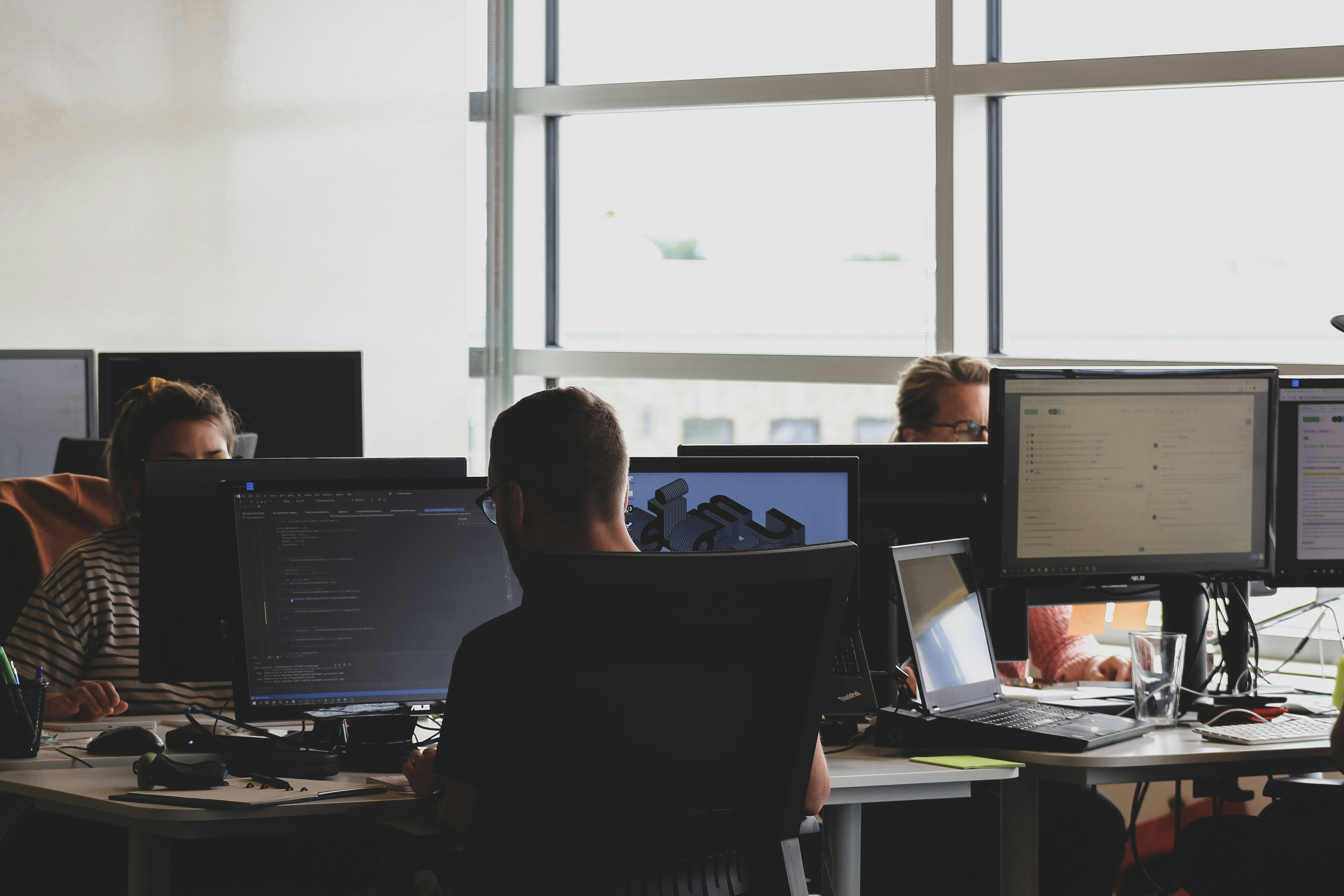Paige Bueckers AI Photos: The Ethics, Impact, and AI's Role in Media
AI-generated images have taken the internet by storm, blending creativity with technology. However, when the likeness of public figures like Paige Bueckers—an iconic college basketball player—is used without consent, it raises critical ethical and legal questions. In this post, we dive deep into the phenomenon of AI photos, their implications on celebrity rights, and the importance of responsible use.
Who is Paige Bueckers?
Paige Bueckers is a standout athlete in the world of women’s basketball. As a player for the UConn Huskies, she has captivated audiences with her skills, leadership, and sportsmanship. Her rise to fame also places her at the center of digital trends, including deepfakes and AI-generated imagery.
What Are AI-Generated Photos?
AI-generated photos are images created using machine learning models that can synthesize human faces, environments, and actions from data. Technologies like Generative Adversarial Networks (GANs) have made it possible to create highly realistic—but entirely fake—images that are indistinguishable from real photographs.
How They Work
- Training on massive image datasets
- Using neural networks to recreate features
- Generating outputs based on prompts or inputs

Why Paige Bueckers AI Photos Are Trending
The growing trend of AI-generated celebrity images has hit mainstream media. From actors to athletes, AI tools are being used to create hypothetical or stylized portraits of public figures. Paige Bueckers, being one of the most talked-about athletes, has become part of this digital movement—sometimes without her knowledge or consent.
Possible Use Cases
- Fan-made digital art
- Conceptual storytelling or design
- Fake news or misleading content (problematic)
Image Example: AI in Sports Visualization

The Ethical Dilemma of AI-Created Celebrity Photos
Using AI to recreate real people, especially celebrities, opens a Pandora’s box of ethical questions:
1. Consent and Ownership
Did the public figure agree to have their likeness used? AI recreations can violate privacy rights and personal brand control.
2. Deepfake Concerns
Without safeguards, these technologies can be weaponized for misinformation, impersonation, or harassment.
3. Creative Freedom vs. Exploitation
Where do we draw the line between tribute and exploitation? It’s a gray area that requires better legal and societal frameworks.
Legal Boundaries and Intellectual Property
Currently, laws are still catching up. In the U.S., likeness rights are protected under “right of publicity,” but this varies by state and country. Using someone’s face, even digitally, without permission can lead to lawsuits or takedowns.

How to Responsibly Use AI for Public Figures
- Get permission or credit original sources
- Use AI for education, parody, or public awareness
- Avoid misleading thumbnails or fake headlines
Alternative Uses of AI in Sports Media
AI isn't all controversy—it also enhances fan engagement and sports analysis. Examples include:
- AI-generated highlight reels
- Predictive performance analytics
- Personalized fan experiences
Illustration: Fans and Sports Innovation

FAQs About Paige Bueckers AI Photos
Is it legal to create AI images of celebrities?
In many jurisdictions, it’s a gray area. While some forms may be legal under “fair use,” others may violate image rights.
Did Paige Bueckers approve any AI images?
No official statement or approval has been made regarding AI-generated photos of her.
Are AI-generated images dangerous?
They can be if misused for misinformation or impersonation. Responsible creation and transparency are key.
Can I use AI tools to create sports art legally?
Yes, as long as it’s transformative, non-commercial, or properly licensed, and doesn't infringe upon individual rights.
Conclusion: The Future of AI and Celebrity Media
AI has redefined what’s possible in digital content creation. However, with great power comes great responsibility. The case of Paige Bueckers AI photos exemplifies the need for ethical boundaries, legal clarity, and public education. Let’s use AI to elevate creativity, not exploit individuals.
Call to Action
Interested in learning more about responsible AI and media ethics? Subscribe to our blog for weekly insights, tutorials, and AI reviews. Help us shape a future where technology and integrity walk hand-in-hand.

Post a Comment